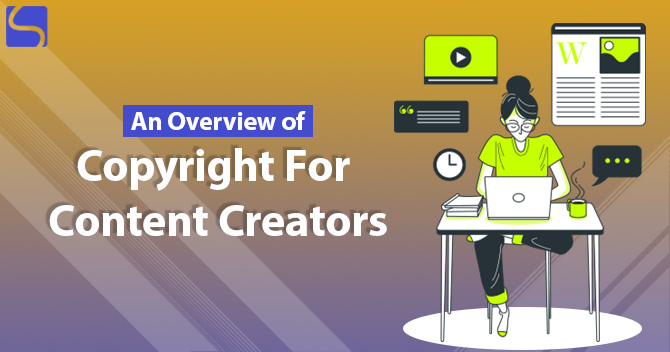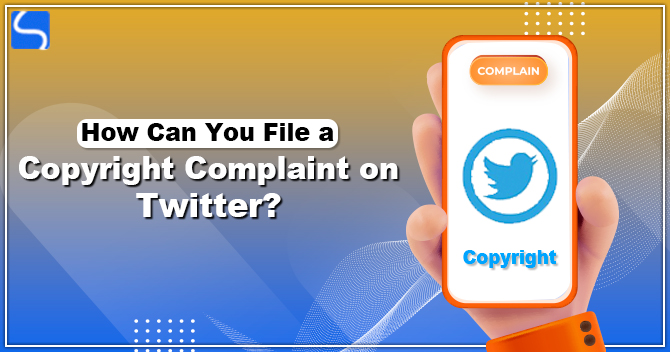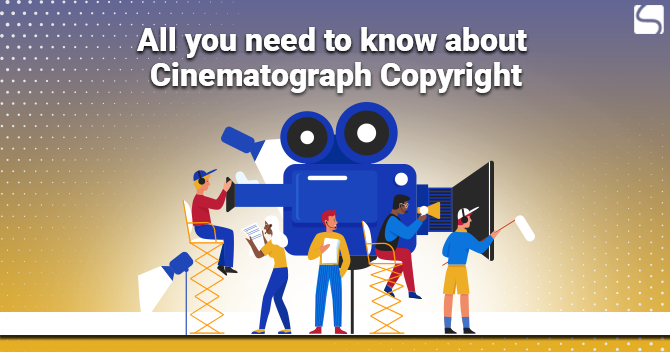An Overview of Copyright for Content Creators

Karan Singh | Updated: Dec 22, 2021 | Category: Copyright
Copyright is an exclusive right to protect the creators’ rights over their creations. With the beginning of the digital era, it’s easy to pass off others’ work like ours, and it’s vital to protect that from copying or using in order to ensure that a creator’s hard work or effort doesn’t go to waste. Scroll down to check more details regarding Copyright for Content Creators.
Table of Contents
Content Creators – Who are they?
Any person involved in the creation of any intellectual work in the form of plays, musical composition, poems, paintings, sculptures, computer software, etc., is considered a creator and their creation are safeguarded by Copyright Law. There can be various creators of a work who get Copyright’s co-ownership.
Copyright for Content Creators: What are their Rights?
Law of Copyright gives creators of actual material a set of exclusive rights; the right to regulate the use of their work, the ability to earn from it, the right to copy it and the right to sell or transfer the Copyright ownership to someone else. Moreover, under Copyright Law, a work is new & original if it’s an independent creation and utilises a certain level of skill, judgement, labour, and effort to create it.
It is vital to remember that Copyright safeguards only the tangible expression of ideas and not the ideas, concepts, discoveries, or theories themselves. Moreover, this implies that any type of thought has to be written down or creatively depicted in order to safeguard by Copyright Law. Further, in some nations, a single word doesn’t entitle copyrighted work. Content Creators have various types of rights that can extensively be categorised as moral and economic rights.
- Economic Rights: These rights affect the ability of the creator to earn money from their work, and it includes:
- Work Adaptation;
- Work Performance in public;
- Work translation into other languages;
- Making copies of the work;
- Broadcasting/other communication of the work to the public;
- Distribution of the work copies.
Moreover, National Laws generally permit the transfer or granting of economic rights to 3rd parties via Permanent Assignment or Temporary Licensing.
- Moral Rights: These rights are independent of the economic rights of a creator. They are creator’s exclusive right which includes:
- Right of Integrity: Copyright owners can object to altering work that may damage their reputation or keep the work from being wrongfully used.
- Right of Paternity: The right for Copyright owners to have their work be unidentified, pseudonyms to them.
Unlike Economic Rights, Rights for Moral cannot have a sale to another individual. Hence, even when exclusive rights are sold to a broadcaster or a publisher, for instance, Moral Rights continue to remain with the actual creator. Whoever obtains the Economic Rights to work will be able to utilise it, but in doing so, they will be grateful to credit the creator of the actual work.
What is not safeguarded by Copyright for Content Creators?
Following is the list which is not safeguarded by Copyright for Content Creators:
- Works that are not fixed or settled in a tangible form;
- Familiar designs or symbols;
- Simple listings of contents/ingredients;
- Procedures, systems, concepts, ideas, or discoveries;
- Simple variants of lettering, colouring, or typographic ornamentation;
- Names, slogans, short phrases, and titles.
Exceptions to Copyright for Content Creators
Regardless of the comprehensive protection of ownership that Copyright provides, it’s possible that the author or creators might not be the owner in certain conditions. For instance, under the idea of “Work for Hire”, the agreement concerning creating something for an individual or a company generally laid down that actual ownership lies with them. Moreover, this also expands to specific companies’ agreements taking complete ownership of whatever their employees make on the side at the time of their employment course.
How Do I Safeguard My Work?
Copyright for Content Creators is automatic or instinctive, so the creator doesn’t need to do anything to confirm that their work is safeguarded by Copyright. But, one can get their work registration at the Indian Copyright Office for legal ownership proof during Copyright Infringement. Other things that you can do to safeguard your work include:
- Providing your name;
- Comprising you contact details where consent can be obtained;
- Comprising the phrase “All Rights Reserved”;
- Adding the Copyright Symbol, i.e., ® to your work;
- Years for which the Copyright relates
Public Domain
Once the Copyright expires, the previously copyrighted work enters the public domain and may be used or exploited by anyone without getting permission and without payment. Further, work published on the internet is publicly available but not generally in the public domain[1]. Copying such works might infringe the creator’s Copyright.
Conclusion
These are the essentials of Copyright for Content Creator that you must know. Copyright can be complicated, but it’s an essential law to aid creators to safeguard their work and make sure that they are able to use and profit from their work as they choose.
Read our Article:Role of copyright in Media: An analysis













